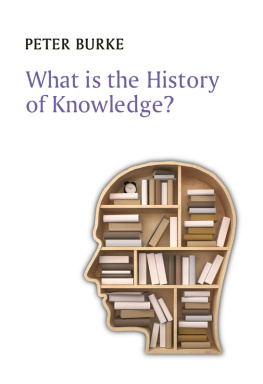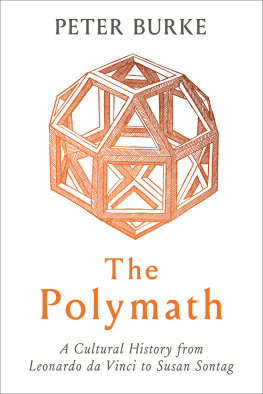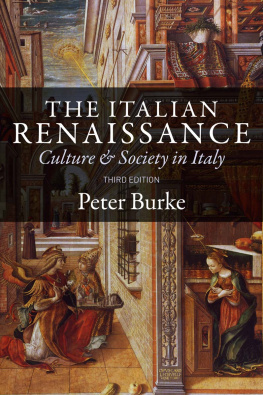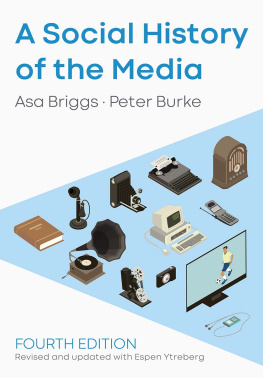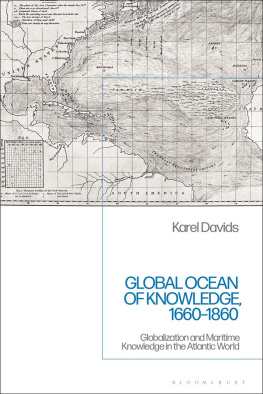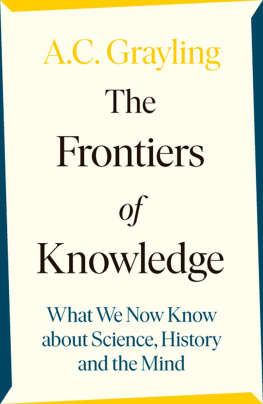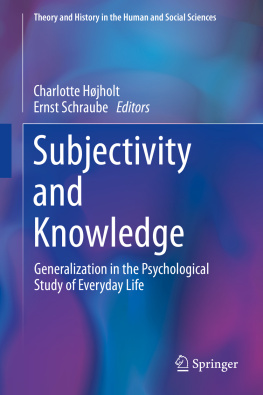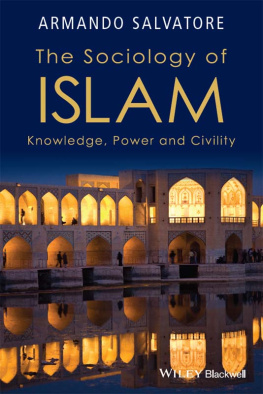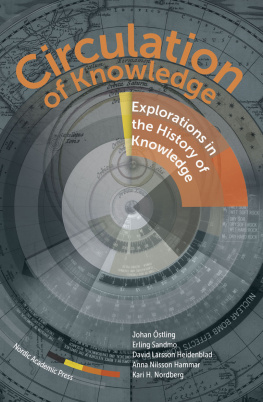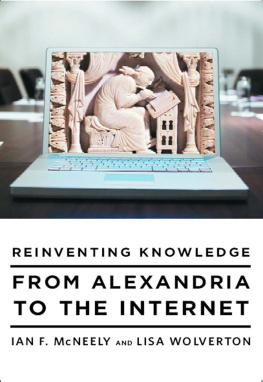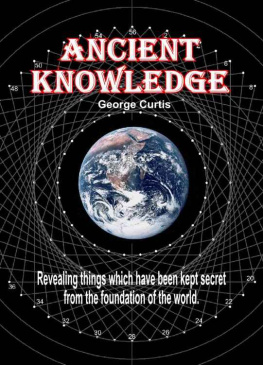
What is History? series
- John H. Arnold, What is Medieval History?
- Peter Burke, What is Cultural History? 2nd edition
- John C. Burnham, What is Medical History?
- Pamela Kyle Crossley, What is Global History?
- Pero Gaglo Dagbovie, What is African American History?
- Shane Ewen, What is Urban History?
- Christine Harzig and Dirk Hoerder, with Donna Gabaccia, What is Migration History?
- J. Donald Hughes, What is Environmental History? 2nd edition
- Andrew Leach, What is Architectural History?
- Stephen Morillo with Michael F. Pavkovic, What is Military History? 2nd edition
- Sonya O. Rose, What is Gender History?
- Brenda E. Stevenson, What is Slavery?
- Richard Whatmore, What is Intellectual History?
Copyright page
Copyright Peter Burke 2016
The right of Peter Burke to be identified as Author of this Work has been asserted in accordance with the UK Copyright, Designs and Patents Act 1988.
First published in 2016 by Polity Press
Polity Press
65 Bridge Street
Cambridge CB2 1UR, UK
Polity Press
350 Main Street
Malden, MA 02148, USA
All rights reserved. Except for the quotation of short passages for the purpose of criticism and review, no part of this publication may be reproduced, stored in a retrieval system, or transmitted, in any form or by any means, electronic, mechanical, photocopying, recording or otherwise, without the prior permission of the publisher.
ISBN-13: 978-0-7456-6983-0 (hardback)
ISBN-13: 978-0-7456-6984-7 (paperback)
A catalogue record for this book is available from the British Library.
Library of Congress Cataloging-in-Publication Data
Burke, Peter, 1937
What is the history of knowledge? / Peter Burke. First published in 2015 by Polity Press.
pages; cm. (What is history)
Includes bibliographical references and index.
ISBN 978-0-7456-6983-0 (hardcover : alkaline paper) ISBN 0-7456-6983-2 (hardcover : alkaline paper) ISBN 978-0-7456-6984-7 (paperback : alkaline paper) ISBN 0-7456-6984-0 (paperback : alkaline paper) 1. Knowledge, Sociology ofHistory. I. Title.
BD175.B8635 2015
001.09dc23
2015016786
Typeset in 10.5 on 12 pt Sabon
by Toppan Best-set Premedia Limited
Printed and bound in the UK by CPI Group (UK) Ltd, Croydon
The publisher has used its best endeavours to ensure that the URLs for external websites referred to in this book are correct and active at the time of going to press. However, the publisher has no responsibility for the websites and can make no guarantee that a site will remain live or that the content is or will remain appropriate.
Every effort has been made to trace all copyright holders, but if any have been inadvertently overlooked the publisher will be pleased to include any necessary credits in any subsequent reprint or edition.
For further information on Polity, visit our website: politybooks.com
Dedication
For Juan Maiguashca
Remembering half a century of friendship and dialogue
Knowledges and their Histories
If the history of knowledge did not already exist, it would be necessary to invent it, especially in order to place the recent digital revolution in perspective, the perspective of changes over the long term. At a few moments in the past, humans have lived through major changes in their knowledge systems, thanks in particular to new technologies: the invention of writing, for instance, in Mesopotamia, China and elsewhere; the invention of printing, especially block printing in East Asia and printing with moveable type in the West; and now, within living memory, the rise of computers, especially PCs, and the rise of the Internet. Changes of this kind have unpredictable consequences, both for better and for worse. As we are coming to realize in the case of the Internet, the new medium of communication offers threats as well as promises. In order to orient ourselves at a time when our knowledge systems are under reconstruction, thanks to globalization as well as to new technologies, we are well advised to turn to history.
Fortunately, the history of knowledge does exist and contributions to it are growing rapidly in number. In the early 1990s, when I began work on my book A Social History of Knowledge, I believed that I was more or less alone in this interest. In today's world of scholarship, however, in which the international republic of learning, once a few thousand strong, now contains millions of citizens, it can almost be guaranteed that if you think of a promising topic for research or an approach that seems to be new, you will soon find that other individuals and groups in different places have already had the same idea, or something rather like it. In any case, it soon became obvious that studies of the history of knowledge formed part of a trend.
It is true that until quite recently, the history of knowledge unlike the sociology of knowledge, of which more later was regarded as an exotic or even an eccentric topic. There is no history of knowledge declared the management theorist and futurologist Peter Drucker in 1993, predicting that it would become an important area of study within the next decades.
The most impressive collective study produced so far is the one in two massive volumes (with the promise of two more to come) edited by Christian Jacob, entitled realms of knowledge (Lieux de Savoir) on the analogy of Pierre Nora's now famous realms of memory (Lieux de Mmoire). While Nora's volumes are confined to France, Jacob's are concerned with a global history over the long term, more or less the last 2,500 years.
Originally the product of a number of independent initiatives, the subject is becoming institutionalized. Academic groups for the study of the history of knowledge include one at the University of Munich and another at Oxford, both concentrating on the early modern period. Chairs have been established, including one at Erfurt University (2008) entitled Cultures of Knowledge in Early Modern Europe. Centres have been founded, such as the Max-Planck Institut fr Wissenschaftsgeschichte in Berlin (1994) and the Zentrum Geschichte des Wissens in Zrich (2005). Conferences on aspects of this large subject are becoming increasingly frequent. The history of knowledge is becoming a kind of semi-discipline with its own societies, journals and so on. Like knowledge itself, its history has exploded, in the double sense of rapid expansion and of fragmentation.
Historiography
Although the emergence of an organized history of knowledge is a relatively recent phenomenon, it is salutary to remember that, in past centuries, a few scholars already dreamed of a history of knowledge and even attempted to write one. In his book The Advancement of Learning (1605), and its longer, later Latin version, De Augmentis Scientiarum, the philosopher, lawyer and politician Francis Bacon expounded a plan for the reform of knowledge, an ancestor of what we now call science policy. He argued that reform would be assisted by a history of the different branches of learning, discussing what was studied when and where (in what seats and places of learning); how knowledge travelled, for the sciences migrate, just like peoples; how it flourished, decayed, or was lost; and even what Bacon called the diverse administrations and managings of learning, not only in Europe but throughout the world.
Next page
